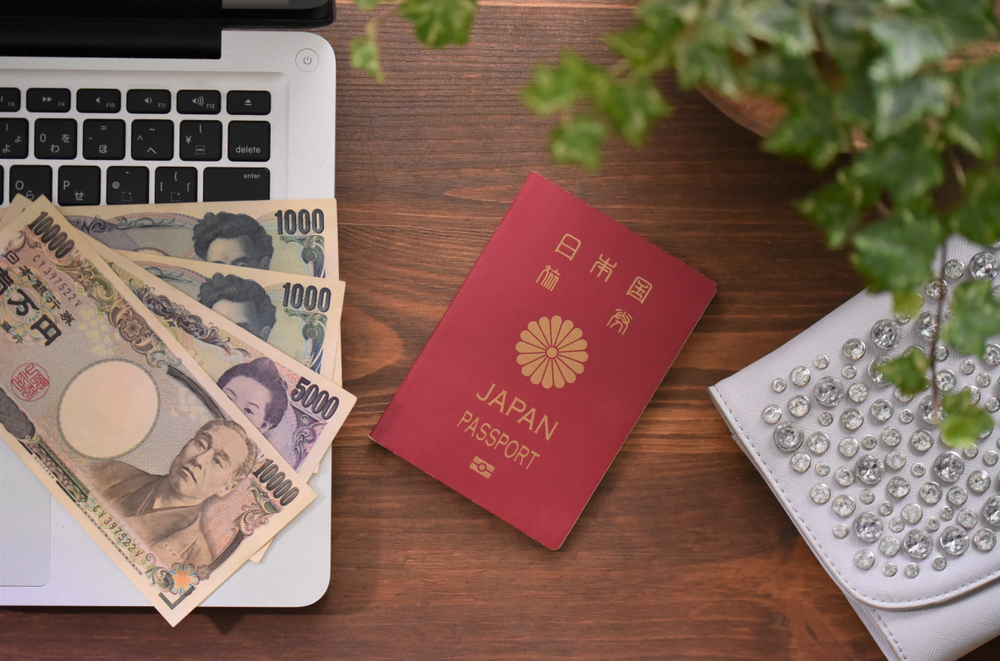
The latest results from the Henley Passport Index have revealed that cross-border travel is still significantly obstructed. Although some progress has been made, between January to March 2021, international mobility had been restored to just 12% of pre-pandemic levels, and the gulf between theoretical and actual travel access remains significant.
With the postponed Tokyo 2020 Olympics just weeks away, and the country in a “quasi” state of emergency, Japan nonetheless retains its hold on the number one spot on the Henley Passport Index — which is based on exclusive data from the International Air Transport Association (IATA) — with a theoretical visa-free/visa-on-arrival score of 193.
While the dominance of European passports in the Top Ten has been a given for most of the index’s 16-year history, the pre-eminence of three Asian states — Japan, Singapore, and South Korea — has become the new normal. Singapore remains in 2nd place, with a visa-free/visa-on-arrival score of 192, and South Korea shares joint-3rd place with Germany, each with a score of 191.

However, when compared to the actual travel access currently available even to the holders of top-scoring passports, the picture looks very different: holders of Japanese passports have access to fewer than 80 destinations (equivalent to the passport power of Saudi Arabia, which sits way down in 71st place on the ranking) while holders of Singaporean passports can access fewer than 75 destinations (equivalent to Kazakhstan, which sits in 74th place).
Plummeting UK and US passport power
There is a similarly gloomy outlook even in countries with highly successful Covid-19 vaccine rollouts: the UK and the US currently share joint-7th place on the index, following a steady decline since they jointly held the top spot in 2014, with their passport holders theoretically able to access 187 destinations around the world.
Under current travel bans, however, UK passport holders have suffered a dramatic drop of over 70% in their travel freedom, currently able to access fewer than 60 destinations globally — a passport power equivalent to that of Uzbekistan on the index. US passport holders have seen a 67% decrease in their global mobility, with access to just 61 destinations worldwide — a passport power equivalent to Rwanda.
Dr. Christian H. Kaelin, chairman of Henley & Partners, says the gap in travel freedom is now at its widest since the index began in 2006, with Japanese passport holders able to access 167 more destinations than citizens of Afghanistan, which sits at the bottom of the index with visa-free access to just 26 destinations. “Increasing isolationism and deglobalization will have profound consequences, among them further damage to the world’s economy, a significant reduction in global mobility, and restrictions on people’s freedom.”
IATA’s director general, Willie Walsh, warns that international travel should not be restricted to those who have access to vaccination. “The freedom to travel is important. We need a secure system to efficiently integrate the checking of vaccine or testing certificates into the travel process. The IATA Travel Pass enables travelers to securely share their health credentials with governments and airlines.”


Comments are closed.